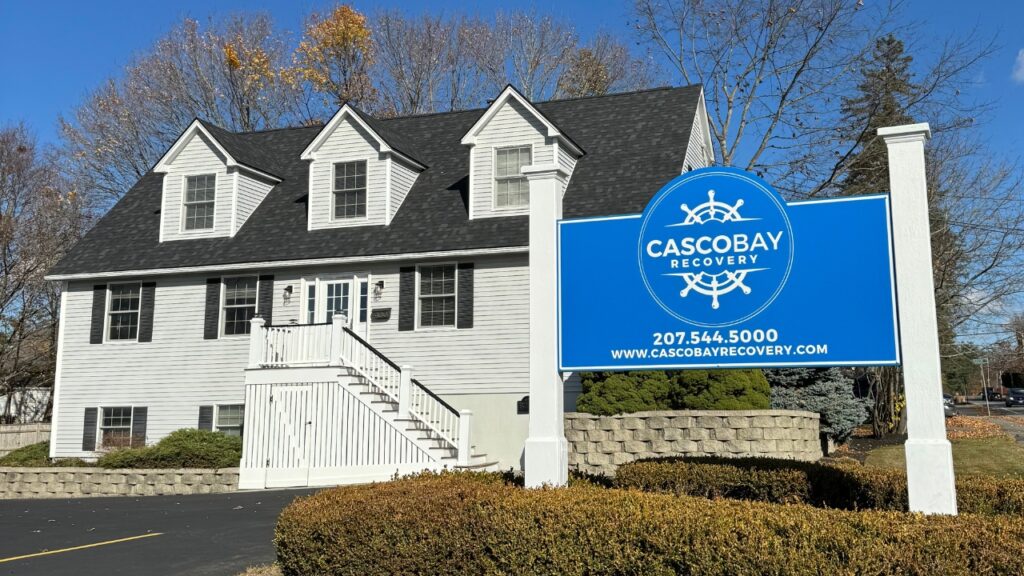Early recovery presents unique challenges for both individuals seeking sobriety and their families. The path to healing requires understanding, patience, and realistic expectations from all parties involved.
The Reality of Early Recovery
During early recovery, several changes occur that can impact both the individual in recovery and their family members:
- Physical and emotional changes occur rapidly
- Brain chemistry takes time to stabilize
- Relationships need careful rebuilding
- New coping mechanisms must develop
It’s important to remember that recovery is not a linear process. There will be good days and difficult days, which can be challenging for family members to understand. Post-acute withdrawal symptoms may affect mood, energy levels, and social engagement – all of which directly influence family dynamics.
Common Family Expectations vs. Reality

Families often have certain expectations during early recovery that may not align with the reality of the situation. Here are some common expectations versus what actually happens:
What Families Often Expect:
- Immediate return to “normal” behavior
- Quick trust rebuilding
- Consistent emotional stability
- Regular social engagement
What Actually Happens:
- Recovery progresses at its own pace
- Trust rebuilds gradually through actions
- Emotional regulation takes time
- Social situations may feel overwhelming
In the early stages of recovery, it is crucial for individuals to prioritize their personal healing journey. While families may desire a quick return to regular activities or celebrations, it is essential for the person in recovery to have space and time to develop healthy coping mechanisms and establish new routines.
For families navigating this complex journey, there are helpful tips available that can provide guidance on how to best support their loved ones in recovery.
Creating a Supportive Environment
To create an environment that supports your recovery journey, consider implementing the following strategies:
- Communicate clearly about your needs with family members
- Establish structured daily routines that promote stability
- Prioritize regular self-care practices such as exercise or mindfulness
- Seek professional support through therapy or counseling
Family members play a crucial role in your recovery success. When they understand the recovery process and its challenges, they can provide appropriate support without overwhelming you with unrealistic expectations.
Signs of Healthy Progress
As you navigate through early recovery, it’s important to recognize and celebrate signs of healthy progress:
- Acknowledging small daily achievements, no matter how insignificant they may seem
- Improving communication skills with family members and loved ones
- Cultivating self-awareness by reflecting on thoughts, emotions, and behaviors
- Exploring new interests or hobbies that bring joy and fulfillment
- Setting boundaries in relationships to protect your well-being
Remember that healing happens gradually over time. Each step forward strengthens your foundation for long-term recovery, even when progress feels slow or imperceptible. Your family’s understanding of this process can make a significant difference in supporting your journey towards sobriety.
Family Dynamics in Recovery
Addiction creates deep fractures in family relationships, leaving lasting emotional scars that require careful attention during recovery. These fractures manifest through broken trust, unresolved conflicts, and damaged emotional bonds between family members.
Dysfunctional Communication Patterns
Communication patterns within families affected by addiction often become dysfunctional. You might notice:
- Avoidance of difficult topics
- Passive-aggressive behaviors
- Emotional outbursts
- Silent treatment
Roles Adopted by Family Members
Family members frequently adopt specific roles in response to addiction-related stress. These roles can persist into recovery, creating barriers to healing:
The Savior: Takes excessive responsibility for the recovering person’s wellbeing, potentially undermining their independence
The Scapegoat: Bears the blame for family problems, deflecting attention from underlying issues
The Enabler: Shields the recovering person from consequences, making it harder to maintain accountability
The Mascot: Uses humor to diffuse tension, inadvertently preventing meaningful discussions
These established roles can hinder genuine support and authentic communication during recovery. Each family member needs to recognize their adopted role and work toward healthier interaction patterns. Professional family therapy helps identify these dynamics and develop strategies to transform them into supportive relationships that foster recovery success.
Co-dependency in Family Dynamics
One significant aspect that often emerges in these dynamics is co-dependency, a situation where family members become overly reliant on each other due to the addiction. This co-dependency can complicate recovery efforts and must be addressed for successful healing.
Setting Clear Boundaries for Managing Expectations
Establishing healthy boundaries is crucial for maintaining stability in early recovery. You need to communicate your needs clearly while respecting your family’s emotional well-being.
Essential boundaries to consider:
- Set specific times for family interactions
- Create personal space for self-care and reflection
- Define acceptable topics of conversation
- Establish consequences for boundary violations
Clear communication strategies strengthen these boundaries. Use “I” statements to express your feelings without blame: “I feel overwhelmed when questioned about my recovery progress” instead of “You’re always pressuring me.”
Family therapy provides a structured environment to:
- Address unresolved conflicts
- Learn effective communication tools
- Develop mutual understanding
- Practice healthy boundary-setting
Support groups like Al-Anon or Nar-Anon, which are examples of support groups for families of addicts, help family members:
- Process their own emotions
- Connect with others in similar situations
- Learn coping strategies
- Understand the recovery journey
Remember to be firm yet compassionate when establishing boundaries. Your family might resist changes at first, but consistent boundaries protect both your recovery and your relationships. Regular check-ins help adjust these boundaries as your recovery progresses and family dynamics evolve.
Active Family Involvement in Recovery

Active family participation creates a strong foundation for lasting recovery. When families engage in the recovery process, they become powerful allies in maintaining sobriety and preventing relapse.
Building a Recovery-Supportive Environment
- Create substance-free family gatherings and celebrations
- Plan activities that don’t revolve around alcohol or drugs
- Develop new family traditions that support wellness
Family members can strengthen their loved one’s recovery by identifying and addressing enabling behaviors. This might include:
- Setting firm financial boundaries
- Refusing to cover up consequences of addictive behaviors
- Learning to differentiate between helping and enabling
Developing New Family Patterns
- Replace blame with understanding
- Practice active listening during family discussions
- Share feelings openly in a non-judgmental space
- Celebrate small victories and milestones together
Building resilience as a family unit requires consistent effort and dedication. Family members can:
- Attend support groups specifically designed for families, such as those offered in our Family Therapy Program, which are tailored to help rebuild trust and address addiction issues.
- Learn stress management techniques together
- Practice self-care while supporting their loved one
- Develop emergency plans for potential crisis situations
These new patterns create a foundation of trust and understanding, essential elements for long-term recovery success. Regular family meetings, shared activities, and open communication help establish healthier relationships that support sustained sobriety.
Additionally, participating in a virtual family support group can be an excellent way for families to learn about setting boundaries, understanding stages of change, practicing self-care, and building trust within the family unit.
Progress and Realistic Goals in Early Recovery
Recovery doesn’t follow a straight line – it’s filled with ups, downs, and unexpected turns. Your path might look different from others, and that’s perfectly normal. Setting realistic goals helps create a sustainable foundation for long-term sobriety. The benefits of goal setting in this context cannot be overstated.
Key Milestones to Focus On:
- Celebrating small daily victories
- Building consistent self-care routines
- Developing new coping mechanisms
- Strengthening communication skills
- Rebuilding trust step by step
Each person’s recovery timeline is unique. You might progress quickly in some areas while needing extra time in others. Breaking down larger goals into smaller, achievable steps creates momentum and builds confidence. Remember to acknowledge personal growth – whether it’s maintaining boundaries, practicing healthy habits, or showing up consistently for family commitments.
The healing process requires patience from both you and your loved ones. Regular check-ins about progress help manage expectations and keep everyone aligned with realistic recovery goals. It’s also important to understand that the healing process involves various stages, each requiring its own time and effort.
Casco Bay is Here to Help

Your journey through early recovery doesn’t have to be a solo endeavor. At Casco Bay Recovery, we understand the intricate dynamics between family expectations and successful recovery outcomes. Our specialized family therapy programs help bridge communication gaps, establish healthy boundaries, and create sustainable support systems.
We offer:
- Family counseling sessions tailored to your unique situation
- Educational resources for both individuals in recovery and their loved ones
- Support group connections to build community understanding
In addition, we also provide resources for anger management in recovery, helping you develop healthy coping mechanisms and regain control over your emotions.
Ready to strengthen your family bonds while maintaining your recovery progress? Reach out to our compassionate team today. Your family’s healing journey starts here.
Together, we can help you navigate family expectations while building a strong foundation for lasting recovery.







